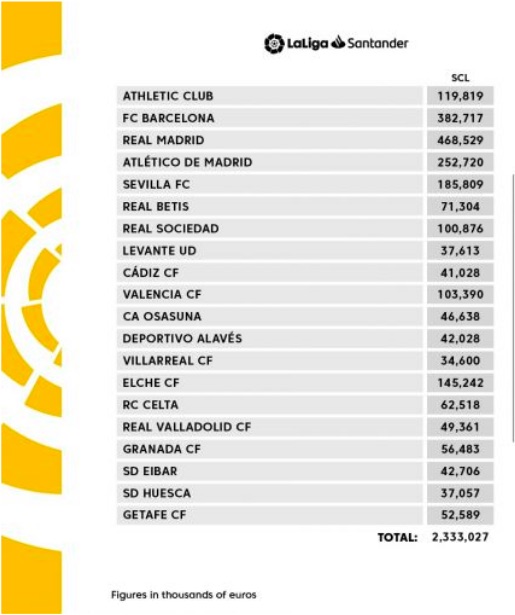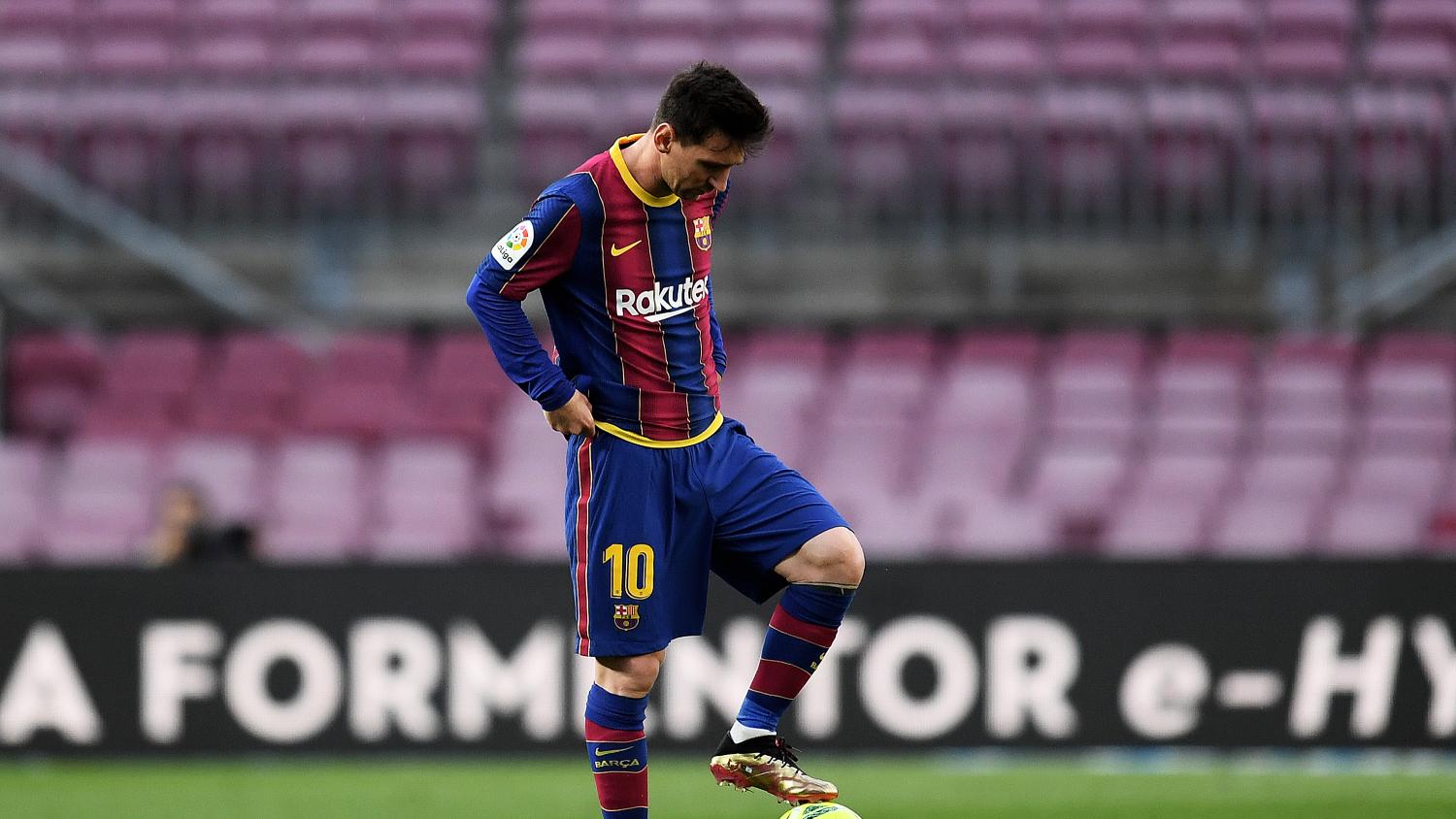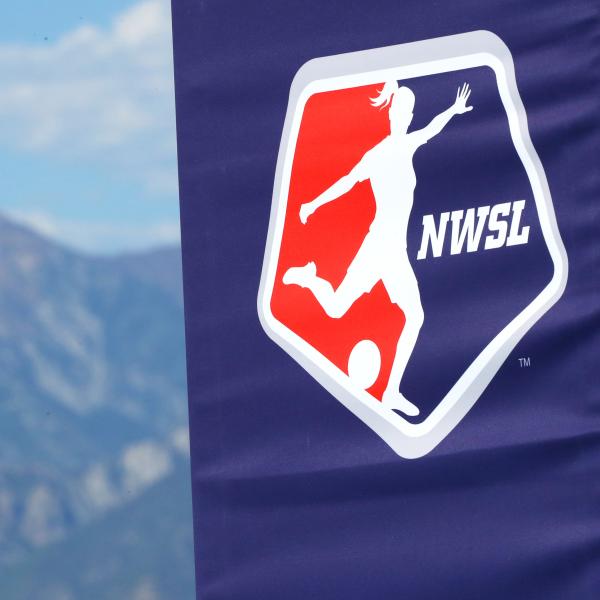Last week I was happily reporting to you that Lionel Messi had touched down back in Barcelona to put pen to paper on a new five-year contract at the Camp Nou. It was so widely accepted that nobody batted an eye at the six-time Ballon d’Or winner’s strange status as a free agent following the expiration of his previous deal at the stroke of midnight on July 1.
Then suddenly — on Thursday, Aug. 5, 2021 at 7:51 p.m. in Barcelona — the hammer fell: “Leo Messi will not continue with FC Barcelona.”
LATEST NEWS | Leo #Messi will not continue with FC Barcelona
— FC Barcelona (@FCBarcelona) August 5, 2021
So why is Messi leaving Barcelona?
The answer is almost more dramatic than a forced exit or billion dollar move to PSG — it’s a tale of league regulations.
According to Barça’s official statement, “despite club and player reaching an agreement and their clear intention to sign a new contract today, this cannot happen because of financial and structural obstacles.”
So what the hell does that mean?
The structuring of Messi’s new contract has probably been as convoluted and complicated as the Greek bailout crisis. The Argentine’s previous deal was worth $594 million over four years, which is obviously a staggering amount but Messi was the club’s lifeblood.
And for all of Messi’s sustained brilliance on the pitch, the club proved just as an inept off it. The number that best demonstrates it: a debt of $1.39 billion.
The club has long been straddled with a crippling wage bill (accounting for 74% of its budget) that’s been the result of some failed transfers (Philippe Coutinho, Miralem Pjanić, Malcom, etc.) and an inability to shift that dead weight. Every other club knows the situation at Barcelona — they’re going to strategically low-ball them — and so the likes of Ivan Rakitić and Luis Suárez have left for nothing.
And so Messi’s new contract was reportedly a salary reduction of 50% in order to comply with LaLiga’s financial fair play rules. In an effort to ensure the division’s long-term financial health, LaLiga establishes squad cost limits by reviewing the finances of every club before the transfer window opens.
Clubs have to fall in line with these regulations or you’re unable to register players (this had already been the case at Barça earlier this summer with the arrivals of Kun Agüero, Eric García, Memphis Depay and Emerson). LaLiga is entirely serious about enforcing these regulations, especially in the aftermath of the pandemic and the bubbling threat of the European Super League.

LaLiga squad cost limits for the 2020-21 season. Photo: LaLiga
So despite having reached an agreement between player and club on a new deal, the “economic and structural obstacles” have made it impossible.
It was clear that Messi wanted to stay. He got the president he wanted in Josep Maria Bartomeu. He would’ve been delighted at the signing of Agüero, who’s usually his roommate when he’s with the national team. His desire for a five-year deal — taking him to the age of 39 — was the clearest signal that he wanted to end his career with the Blaugrana.
What happens next should happen soon. Messi has frequently been linked with PSG, and the new Ligue 1 season starts tomorrow. If his destination is Manchester City, the Premier League begins next Friday. There’s no way Messi — who still wants to start in early round Copa del Rey matches — stays on the sidelines for long.

 Home
Home




